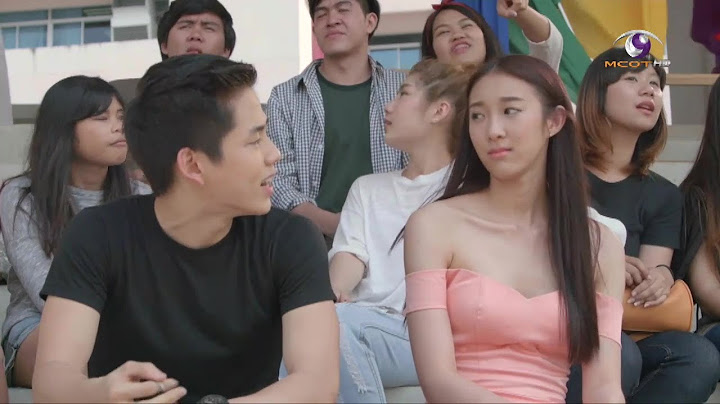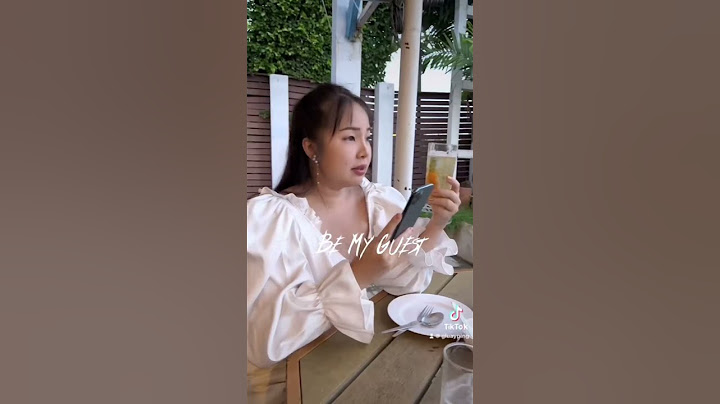It was the first film adaptation of The Girl Who Leapt Through Time, about a high-school girl who gains the ability to time-travel and repeatedly relives the same day in a time loop. The film was a major box office success in Japan, becoming the second highest-grossing Japanese film of 1983. It was followed by several later cinematic adaptations, including a 2006 animated film and a 2010 live-action film. Show Cast[edit]The following are the film's main cast.
Release[edit]The Girl Who Leapt Through Time was released in theaters in Japan on July 16, 1983. In 2022, Third Window Films released the film on Blu-ray as part of their limited edition Nobuhiko Obayashi's 80s Kadokawa Years set, along with School in the Crosshairs, The Island Closest to Heaven, and His Motorbike, Her Island. Reception[edit]Box office[edit]The Girl Who Leapt Through Time was a major box-office success in Japan. It earned a distribution income (gross rental) of ¥2.8 billion in 1983, becoming the second highest-grossing Japanese film of 1983, behind only Antarctica. The total box office gross revenue of The Girl Who Leapt Through Time was ¥4.76 billion in Japan. Critical reception[edit]In 1985, Donald Willis of Variety described the film as "more affecting than affected, informed less by cloying sentimentality and relatively honest sentiment." He commented on Tomoyo Harada, finding that she "proves herself a natural. Although she is convincing at what she does, the evidence here suggests she might have the range to do much anything else." He criticized Ryōichi Takayanagi's acting, stating that his delivery "of lines is undoubtedly the result of his brain-waves being controlled by a galaxy inhabited by monotonous no-talents." In 2010, Marc Walkov of the Far East Film Festival gave the film a positive review, describing it as a "bittersweet story about the transitoriness of love and the importance of one’s memories in keeping the past alive." He also notes that the film anticipated plot elements of the Hollywood film Groundhog Day (1993), such as the protagonist repeatedly reliving the same day and thus being able to predict events that take place during the day. Theme song[edit]"Toki o Kakeru Shōjo"  The song "Toki o Kakeru Shōjo" (時をかける少女) is the popular theme song for the 1983 movie, inspired by the story, written by Yumi Matsutoya, and originally sung by the film's lead actress, then-rookie idol Tomoyo Harada. There are several different versions. Harada versions[edit]The first version was released in April 1983 as the A-side of Tomoyo Harada's third single (7A0275), with a B-side "Zutto Soba ni" also written by Yumi Matsutoya and two different cover pictures, and was included on the original soundtrack album for the film (C28A0279). A second version of this song was released in 1983 on Harada's first album Birthday album (WTP-40188), and in 1986 on her compilation album Pochette (ポシェット, Pochetto) (CA30-1326). A third version was recorded in 1987 for her greatest hits album From T (32DH-848), and a fourth one in 2007 for her twenty-fifth anniversary original album Music & Me (XNHL-13001/B). Matsutoya versions[edit]Matsutoya covered her own song in the same year on the B-side of her single "Dandelion" (ダンデライオン) and on her album Voyager in 1983. She later rewrote it and renamed it as "Toki no Canzone" (時のカンツォーネ, Toki no Kantsōne) to be the theme song for the new, 1997 "Toki o Kakeru Shōjo" film, along with another of her songs: "Yume no Naka de (夢の中で)~We are not alone, forever~", both released on the original soundtrack album for the film (TOCT-9940) and on her album Suyua no Nami (スユアの波) in 1997. Other versions[edit]The original song was adapted in a commercial for noodles with then-beginning idol Yuki Kudo parodying the 1983 movie shortly after its release. Voice actress Ai Shimizu also covered the song as the B-side of her first single Angel Fish in 2003 (KICM-1077). |

กระทู้ที่เกี่ยวข้อง
การโฆษณา
ข่าวล่าสุด
2024 ทำไม register garmin แล วระบบแจ งว าไม พบ serial number
4 เดือนs ที่ผ่านมา . โดย OperativeFraudผู้มีส่วนร่วม
การโฆษณา
ผู้มีอำนาจ
การโฆษณา
ถูกกฎหมาย
ช่วย

ลิขสิทธิ์ © 2024 th.ketajaman Inc.




























